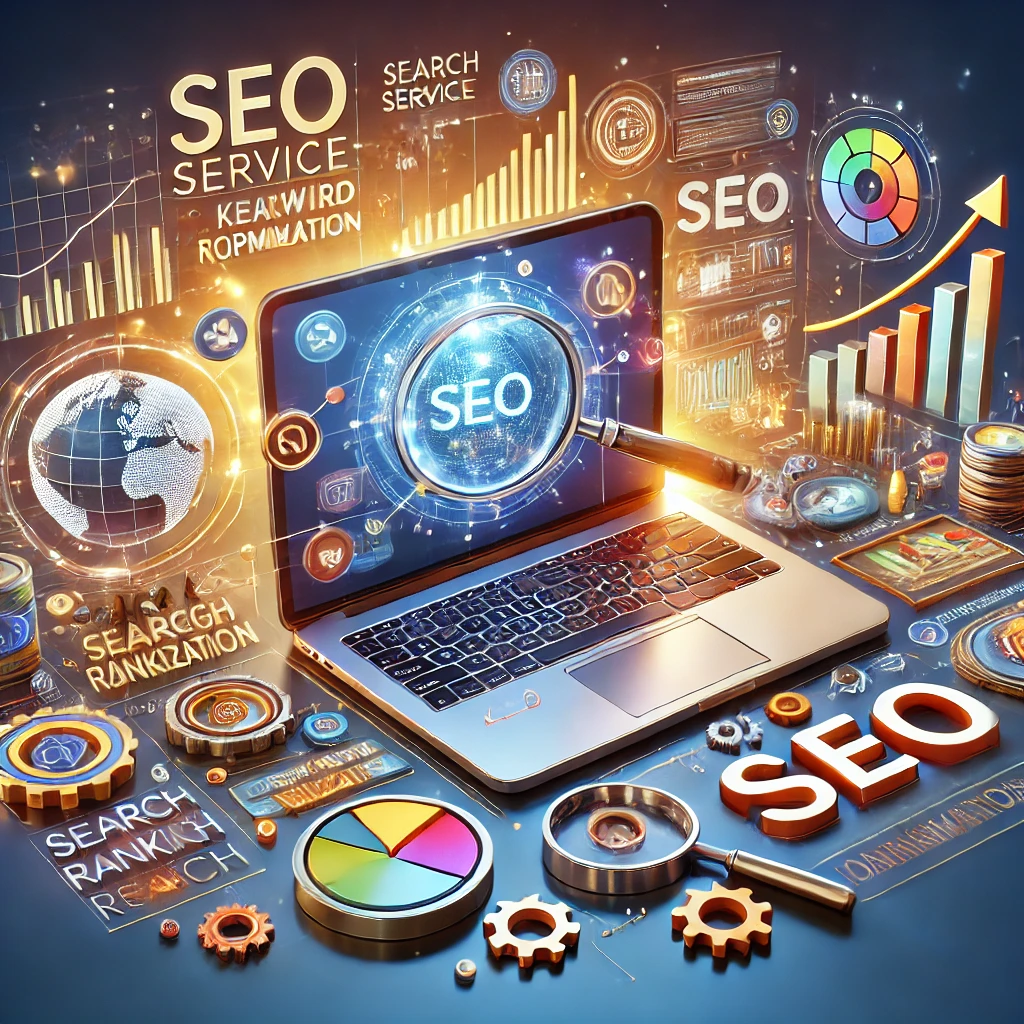In today’s fast-paced digital world, businesses are constantly seeking ways to optimize their marketing efforts and stay ahead of the competition. Artificial Intelligence (AI) has emerged as a game-changer, offering powerful tools that can transform marketing strategies, drive efficiencies, and enhance customer experiences. Integrating AI Marketing Tools into your strategy isn’t just a trend; it’s becoming a necessity for businesses looking to maintain relevance in an increasingly data-driven market.
In this step-by-step guide, we’ll explore how you can seamlessly integrate AI marketing tools into your business strategy, helping you unlock new levels of productivity, personalization, and profitability.
Understand Your Marketing Goals and Needs
Before diving into the world of AI, it’s crucial to assess your business’s unique goals and challenges. Whether you’re aiming to improve lead generation, enhance customer engagement, or streamline content creation, AI tools can address various needs. For instance, if your goal is to better understand customer behavior, you might lean towards AI tools that provide advanced analytics and insights. On the other hand, if you’re focused on automating repetitive tasks, AI-powered tools like chatbots or email automation systems could be ideal.
Take the time to clearly define what you want to achieve with AI, and then map out how the right tools can help you accomplish those objectives.
Select the Right AI Marketing Tools
With a variety of AI marketing tools available, it’s essential to select those that align with your goals and fit seamlessly into your existing processes. Here are some popular categories of AI tools to consider:
AI Content Generation:
Tools like Jasper or Copy.ai help marketers generate high-quality content quickly. These tools are excellent for writing blog posts, product descriptions, and even social media captions.
AI for Personalization:
Platforms like Dynamic Yield and Optimizely use AI to deliver personalized experiences for customers by analyzing their behavior and preferences. Personalization can significantly improve customer engagement and conversions.
Predictive Analytics and Customer Insights:
AI tools such as HubSpot, Salesforce Einstein, or Pega can analyze vast amounts of customer data to predict future behaviors, allowing you to tailor your marketing campaigns more effectively.
AI Chatbots and Virtual Assistants:
Implementing AI-driven chatbots, like Drift or Intercom, allows you to automate customer service, lead qualification, and even make personalized product recommendations in real-time.
Choosing the right tool depends on your business size, objectives, and resources, but selecting tools that integrate well with your existing systems will ensure smoother adoption.
Integrate AI Tools with Your Existing Systems
Once you’ve chosen the appropriate tools, the next step is AI Data Integration. Ideally, AI marketing tools should work harmoniously with your CRM, email platforms, social media management tools, and analytics dashboards. Many AI tools offer pre-built integrations with popular platforms like Shopify, WordPress, Google Analytics, and more, so be sure to explore these options to ensure seamless AI data integration across your systems. A successful integration process also involves training your team to use these tools effectively. Be sure to invest in resources or courses to help your marketing staff harness the full potential of the AI tools. This might include understanding the algorithms behind the tools, analyzing the data provided, and leveraging it to make smarter marketing decisions.
Test, Analyze, and Refine
As with any new marketing strategy, it’s essential to test and refine. AI tools generate a wealth of data and insights, but it’s important to interpret that data accurately to make informed decisions. Regularly monitor key performance indicators (KPIs) such as conversion rates, customer engagement, and ROI to measure the impact of AI on your marketing efforts.
If a tool or strategy isn’t yielding the expected results, don’t be afraid to pivot or adjust your approach. AI marketing tools can be highly adaptable, so be proactive in refining your tactics and experimenting with different features to improve results.
Stay Up-to-Date and Innovate
AI marketing is a rapidly evolving field, and staying ahead of the curve is crucial. Regularly explore new AI tools and updates to existing ones to keep your marketing strategies fresh and effective. Many AI tools incorporate machine learning and deep learning, which means they continuously improve over time, making it even more important to stay informed about new capabilities and use cases.
Attend webinars, read case studies, and participate in forums to engage with other marketers who are also using AI. This will help you uncover new opportunities to innovate and optimize your strategy further.
Conclusion
Integrating AI marketing tools into your business strategy is a powerful way to enhance efficiency, personalization, and profitability. By understanding your marketing goals, selecting the right tools, integrating them effectively, and continuously analyzing and refining your AI Message Strategy, you can unlock the full potential of AI to drive your business forward. While the learning curve may seem steep at first, the long-term benefits of AI-powered marketing are undeniable. By staying up-to-date with emerging trends and continuously innovating, you’ll ensure your brand remains competitive in a fast-evolving digital landscape. So, get ready to embrace the future of marketing – with AI, the possibilities are endless!















Leave a Reply